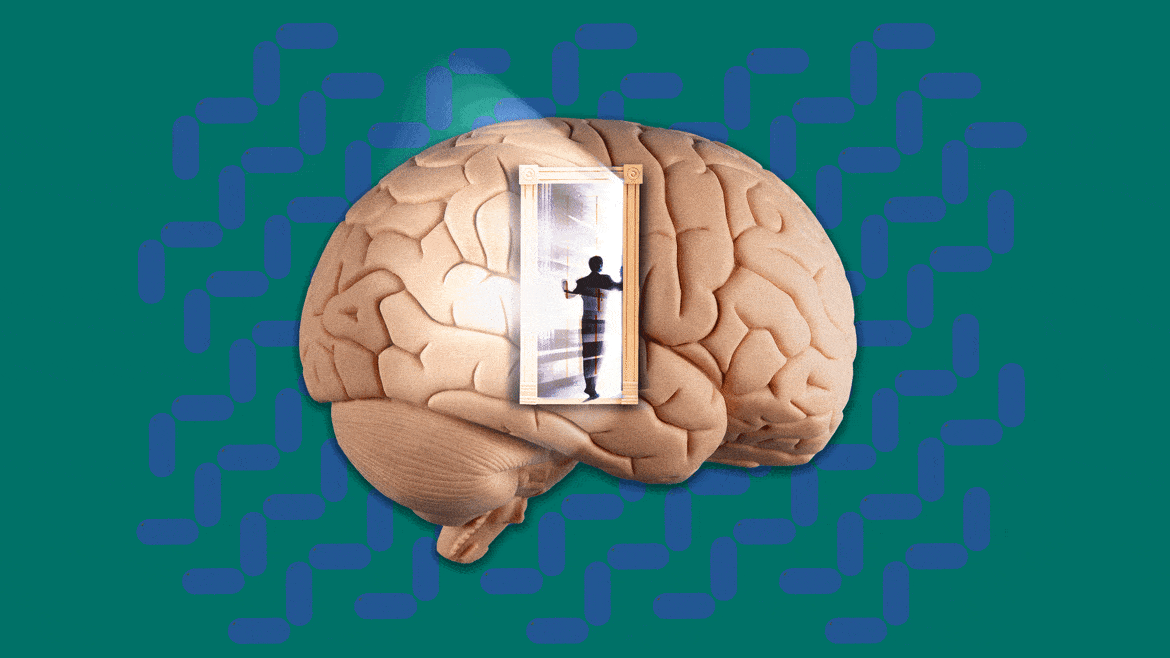Photo Illustration by Thomas Levinson/The Daily Beast/Getty
Nearly 10 percent of all Americans will experience symptoms of depression every year. One of the common forms of treatment includes a combination of therapy and antidepressants. According to the CDC, around 13 percent of Americans over the age of 18 were taking antidepressants between 2015 and 2018. The most commonly prescribed form of these are called selective serotonin reuptake inhibitors (SSRIs), developed to alter serotonin flux in the brain.
I’m one of the millions that takes an SSRI—one called sertraline, to manage symptoms of anxiety, depression and obsessive compulsive disorder. Before I talked with a psychiatrist about getting on this medication, I dealt with feelings of impending doom and dread that appeared on a whim, as well as dozens of intrusive thoughts and emotions every minute. Basically, it’s like having your very own heckler yell at you all day long. Taking the medication has been immensely helpful for me, as it has for many others.
And that makes it all the more strange to recognize that, as with many other complex diseases, researchers still aren’t sure exactly what causes depression, and whether serotonin is one of the main culprits. In the 1960s, scientists serendipitously discovered that certain drugs being used as sedatives helped alleviate depression. Since these drugs acted on the serotonin system, it led to “a very simplistic idea that low levels of serotonin lead to depression,” Gerard Sanacora, a psychiatrist at Yale University and the director of the Yale Depression Research Program, told The Daily Beast.

